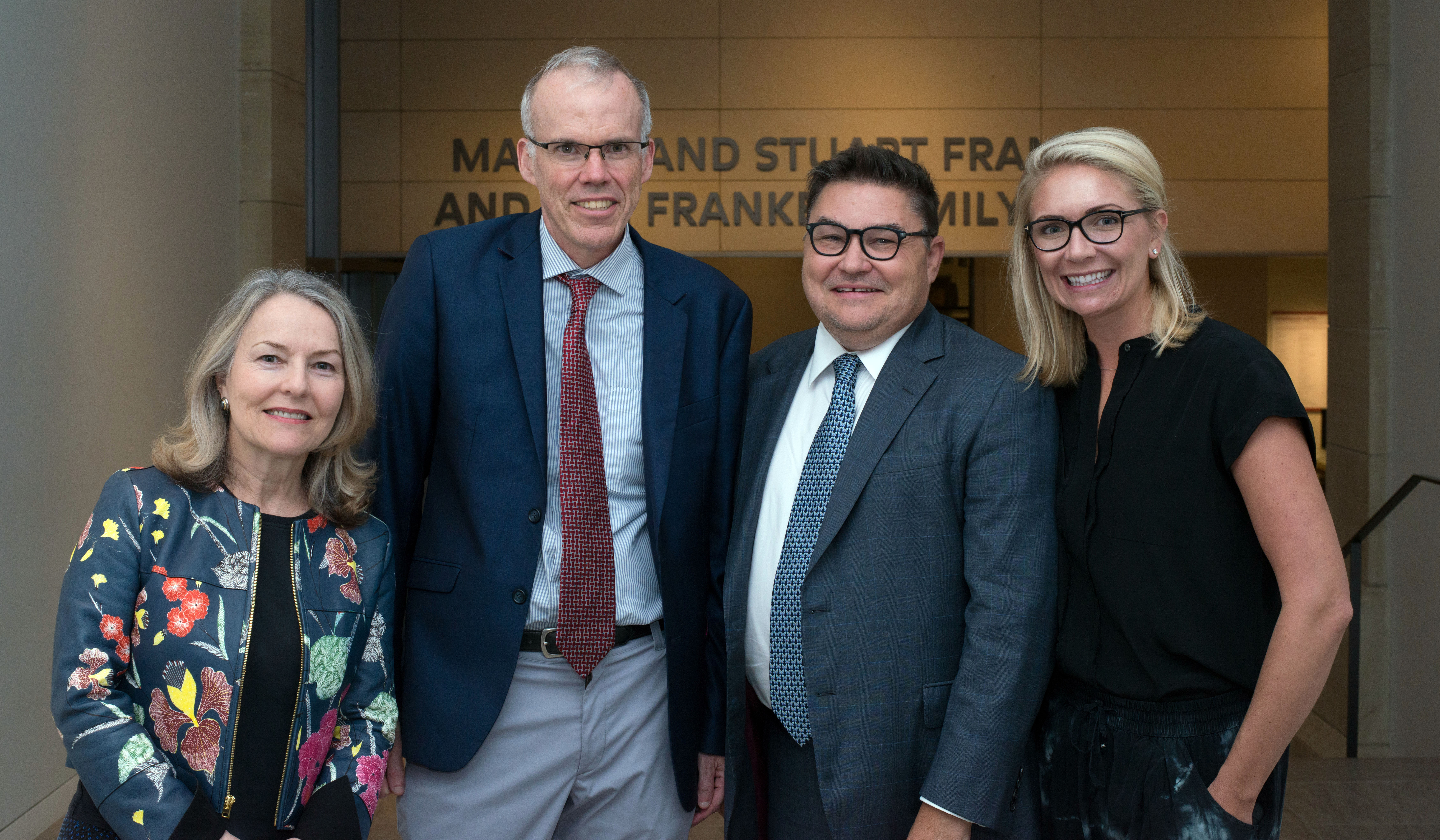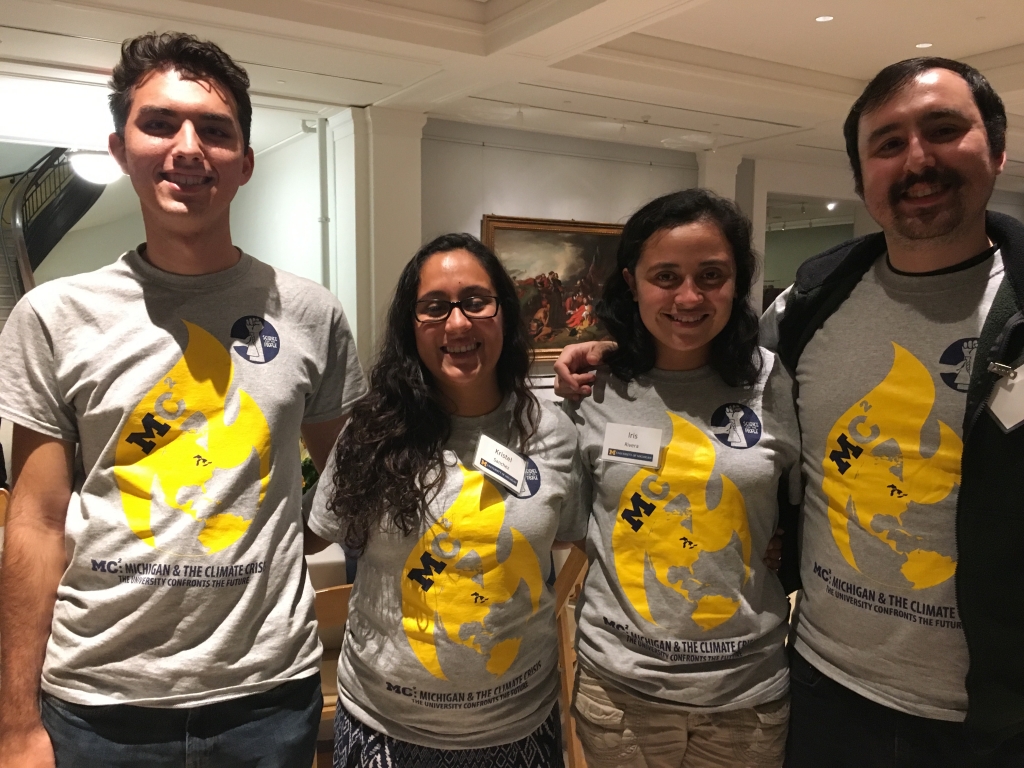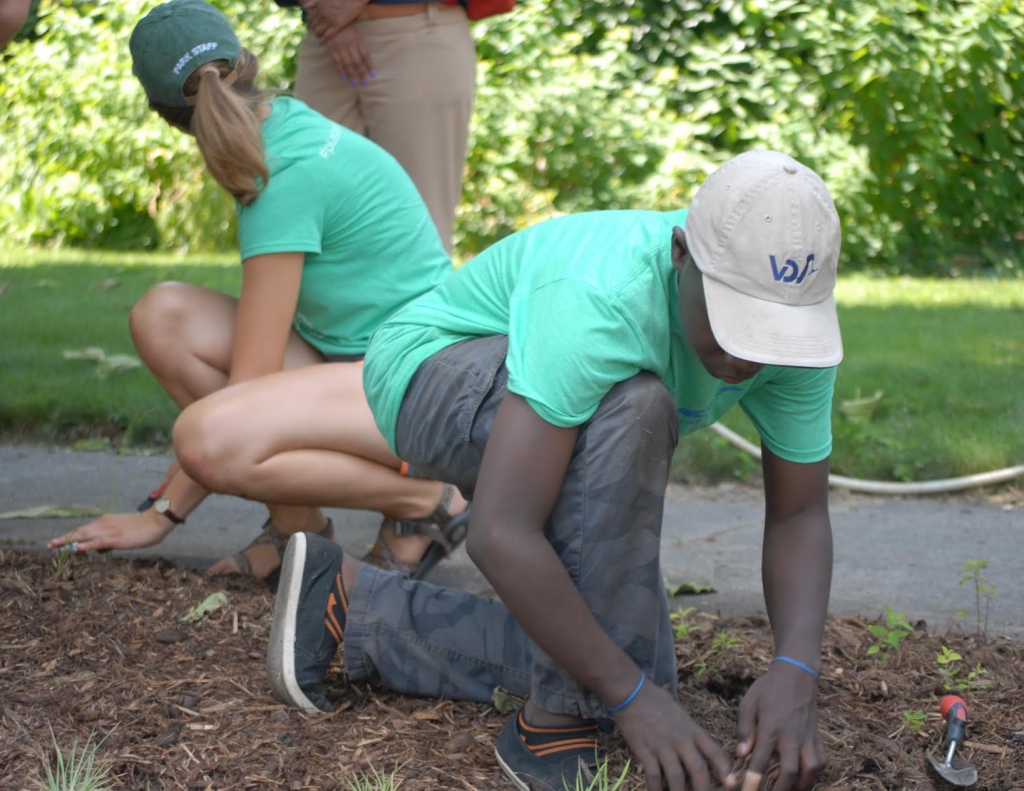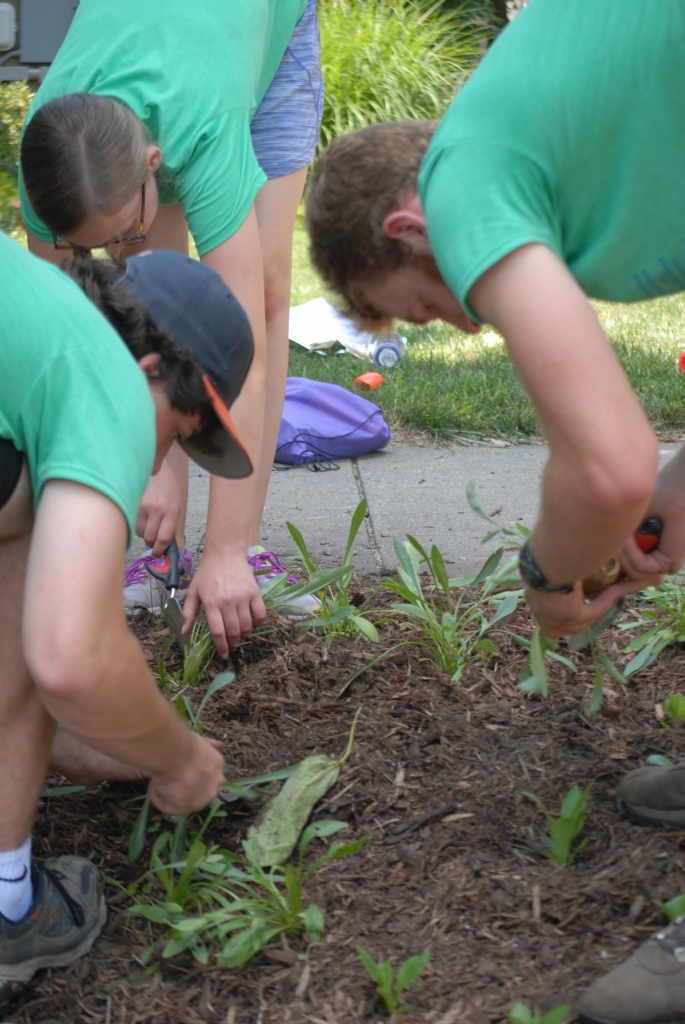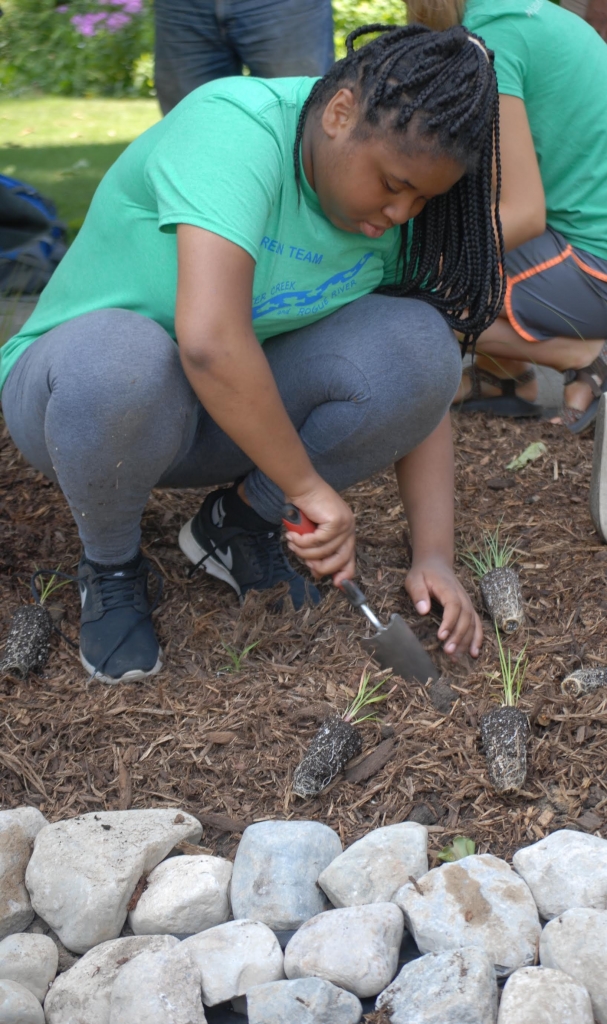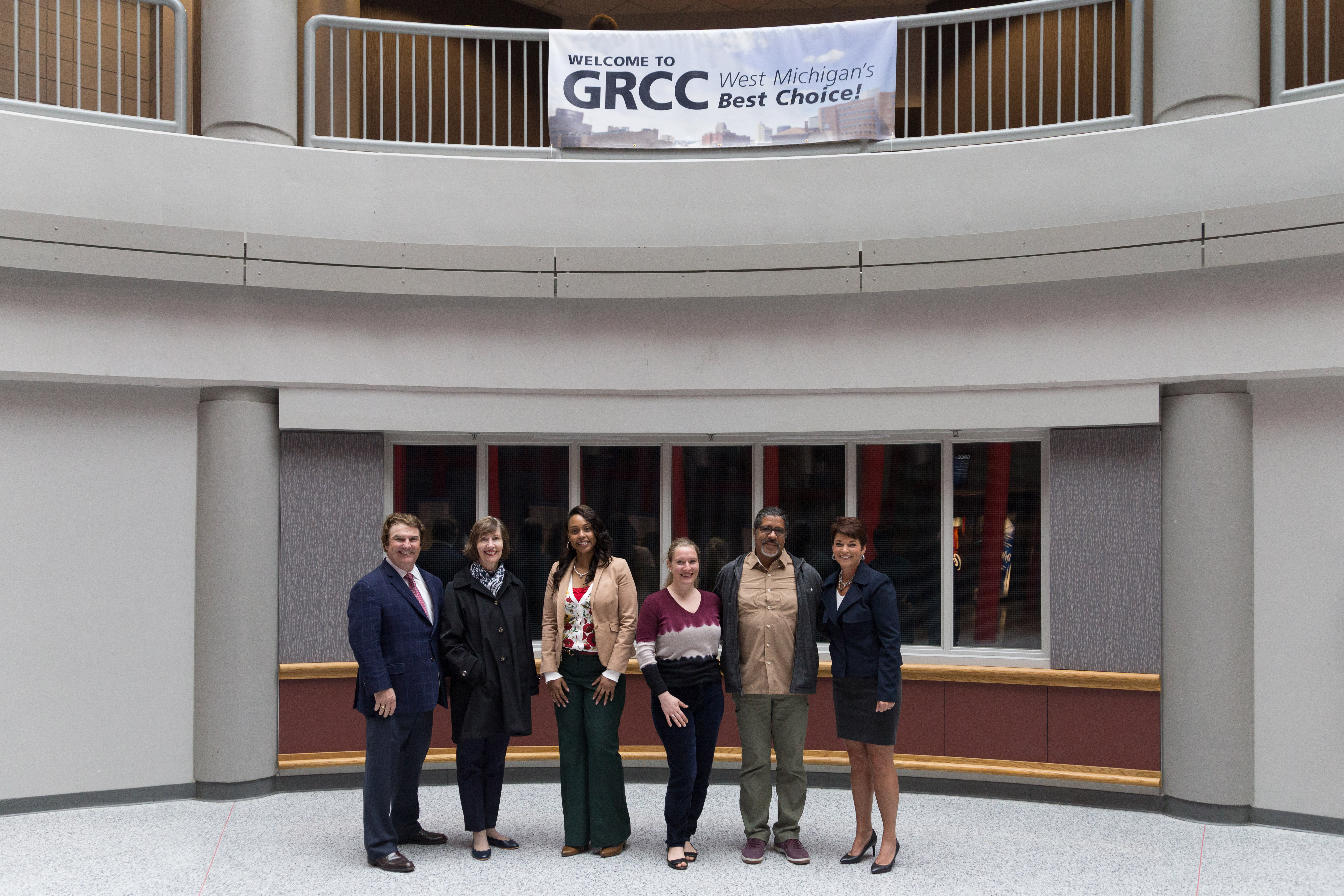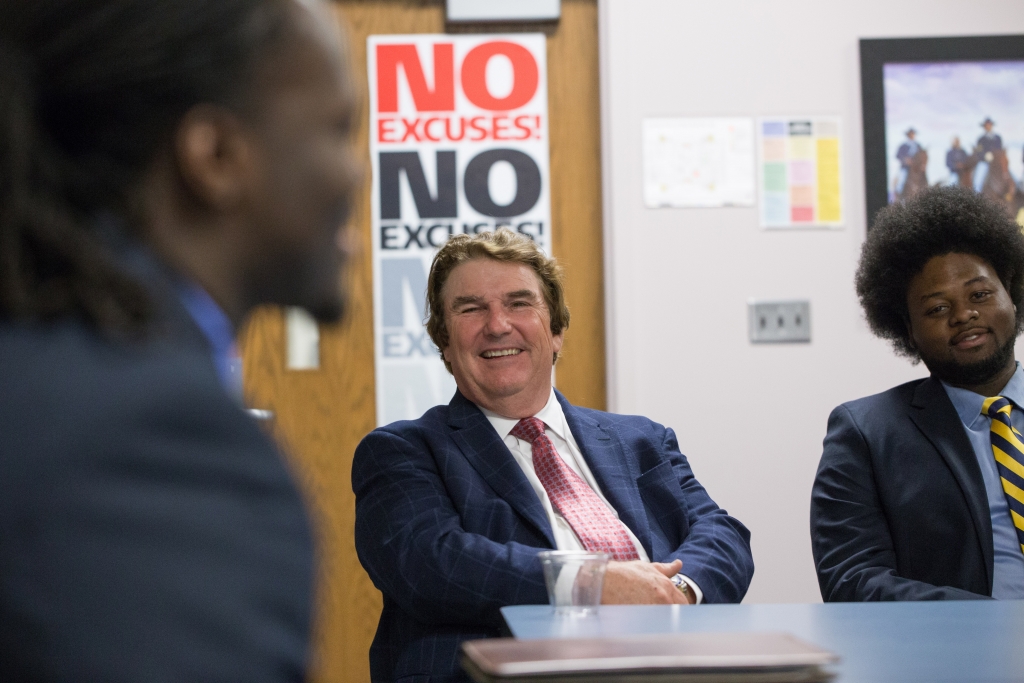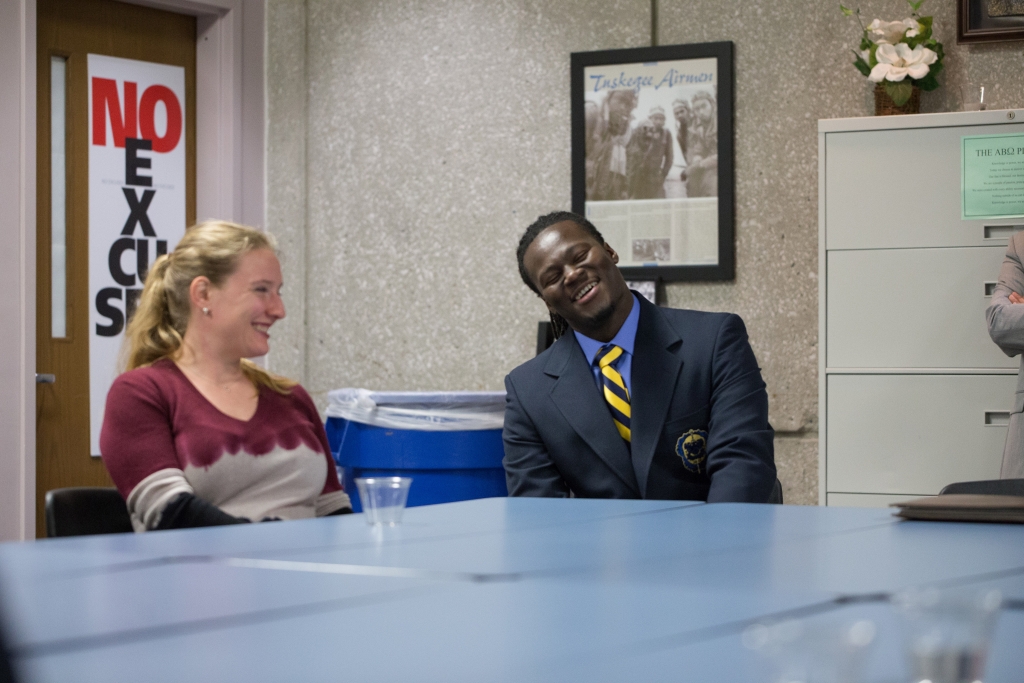The Senior Vice President for the Hip Hop Caucus will address environmental justice issues on Thursday, April 11, 2019
Grand Rapids, Michigan – February 21, 2019 – The Wege Foundation (www.wegefoundation.org) will host the 23rd Wege Speaker Series (www.wegespeakerseries.com) on Thursday, April 11 at 4pm at the Aquinas College Performing Arts Center.
This year’s speaker is Dr. Mustafa Santiago Ali, Senior Vice President of Climate, Environmental Justice & Community Revitalization for the Hip Hop Caucus and former leader at the U.S. Environmental Protection Agency. He will present about how to elevate environmental justice issues and strengthen environmental justice policies, programs and initiatives.
“This lecture will focus on a new 21st century paradigm,” said Dr. Ali. “It’s one that embraces community power by honoring the transformative abilities of culture to build bridges, by educating in non-traditional ways and by creating authentic collaborative partnerships that support our most vulnerable communities as they move from surviving to thriving.”
“Ali is one of America’s environmental justice leaders and currently focuses on using the arts in addressing pressing issues such as climate change,” said Mark Van Putten, President of The Wege Foundation.
Dr. Ali has appeared on MSNBC, CNN, VICE, and Democracy NOW, as well as being featured and cited in over 250 news publications including GQ, New Republic, Ebony, The Guardian, The Root, Los Angeles Times, and Washington Post. He has worked in over 500 communities both domestically and internationally, as well as been a guest lecturer at over 100 colleges and universities including Howard, Harvard, Yale, George Washington, Georgetown and Spelman.
Prior to joining the Hip Hop Caucus, Ali worked 24 years at the U.S. Environmental Protection Agency (EPA). He began working on Social Justice issues at the age of 16 and joined the EPA as a student, becoming a founding member of the EPA’s Office of Environmental Justice (OEJ). Currently he is a board member of the National Wildlife Federation, Robert Wood Johnson Foundation, Union of Concerned Scientists, TREE and Climate Hawks Vote.
Partners for the 23rd Wege Speaker Series event include:
- All of the Above Hip Hop Academy
- Aquinas College
- City of Grand Rapids
- Grand Rapids Public Schools
- Grand Rapids Urban League
- Latina Network of West Michigan
- LINC UP
- NAACP Greater Grand Rapids Branch
- Sierra Club Michigan Chapter
- West Michigan Environmental Action Council
The Aquinas College Performing Arts Center is located at 1703 Robinson Road S.E. in Grand Rapids. The public is invited and the event is free. Limited seating, please register soon at aquinas.edu/wegespeaker
About Aquinas College
Aquinas College is a Catholic liberal arts college founded in 1886 by the Dominican Sisters-Grand Rapids. The wooded, 117-acre campus is located in Grand Rapids, Michigan. With 1,900 students and more than 60 academic programs, Aquinas College is an inclusive educational community that emphasizes career preparation, leadership, service to others and lifelong learning. Learn more at aquinas.edu
About the Wege Foundation
Founded in 1967 by Peter M. Wege, The Wege Foundation focuses on enhancing the lives of the people and preserving the health of the environment in West Michigan. The Wege Foundation’s Five Pillars, or areas of interest, are: education, environment, arts & culture, health care, and human services. For more information, go to wegefoundation.org

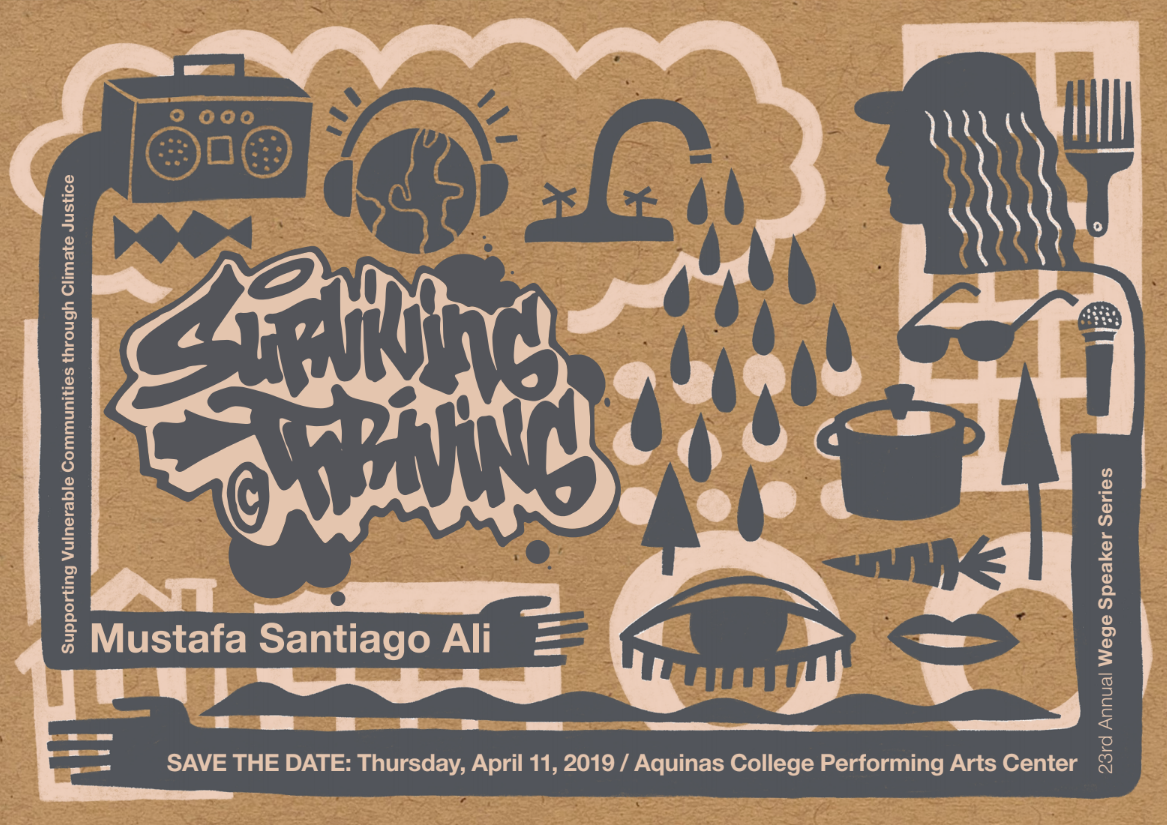
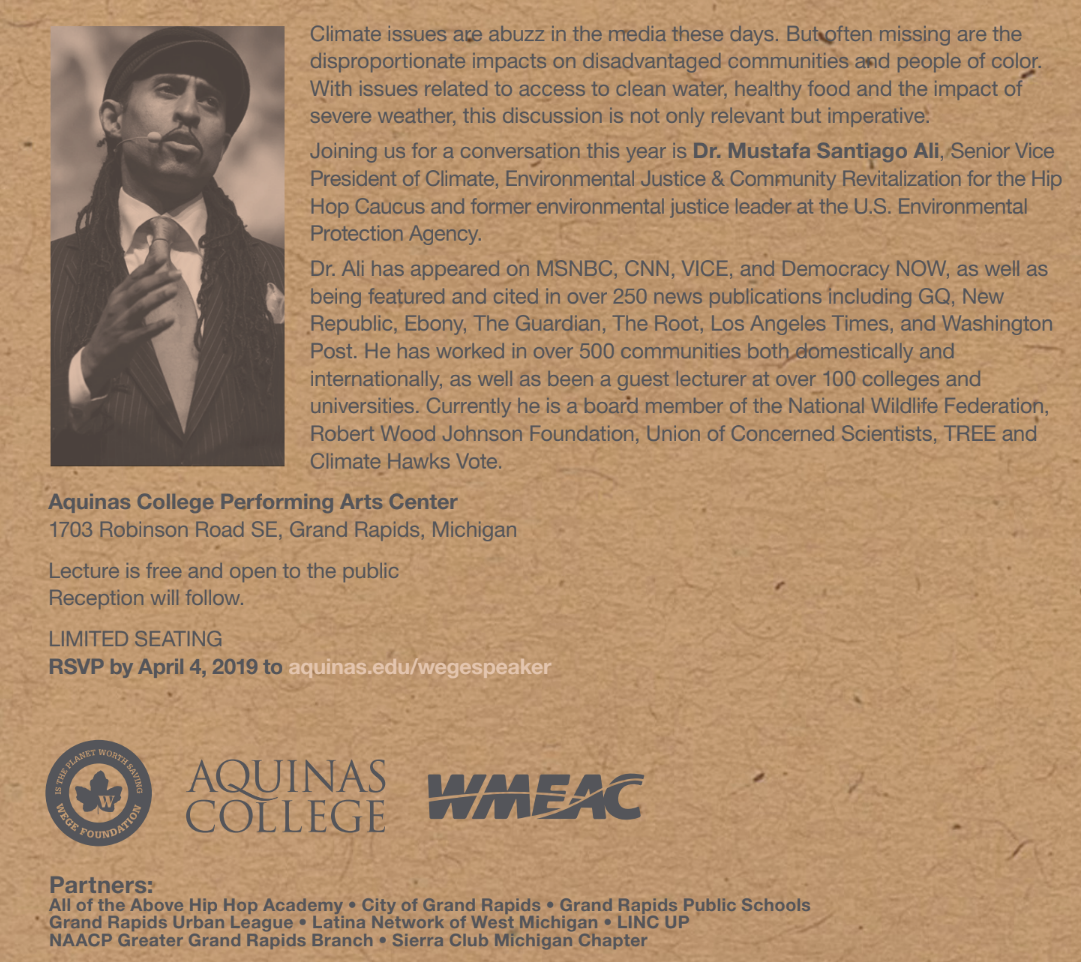
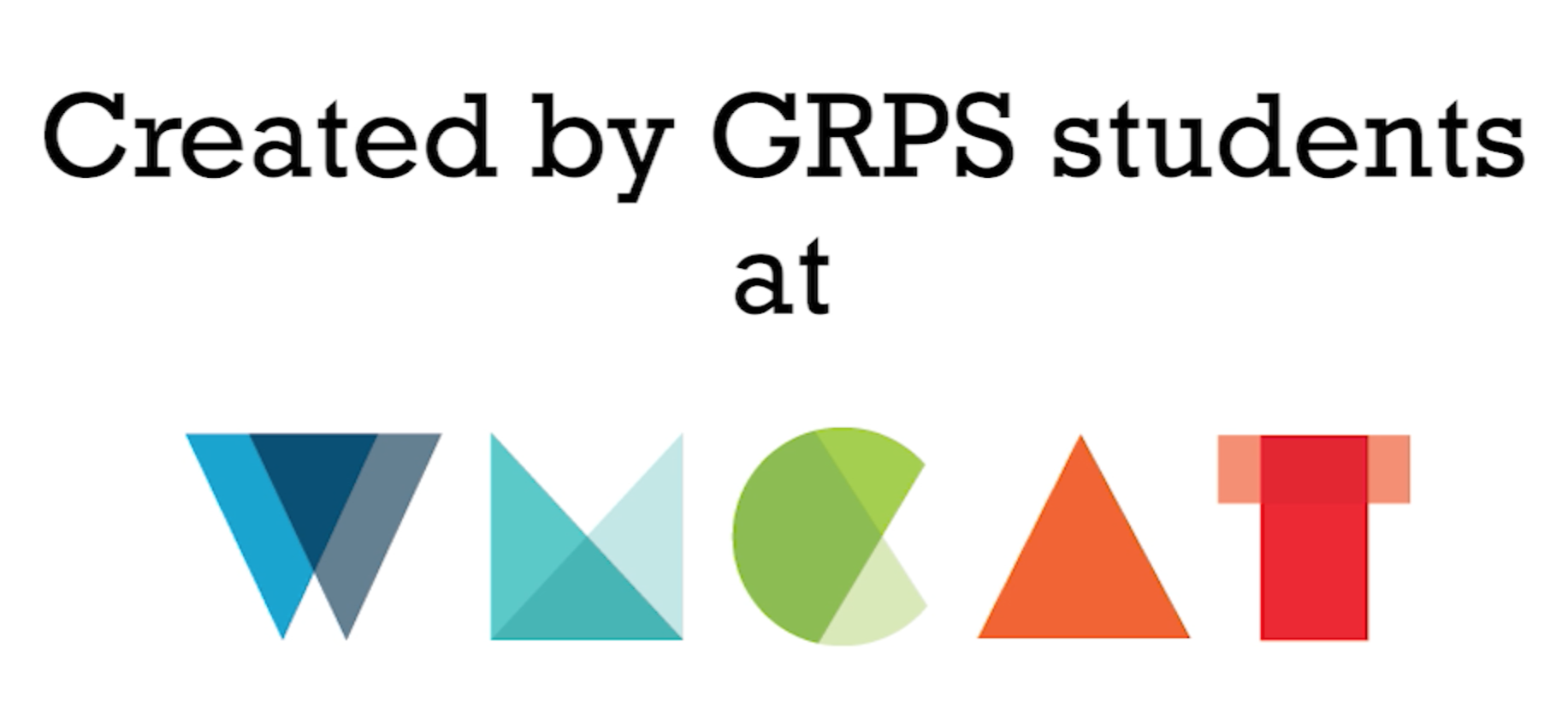
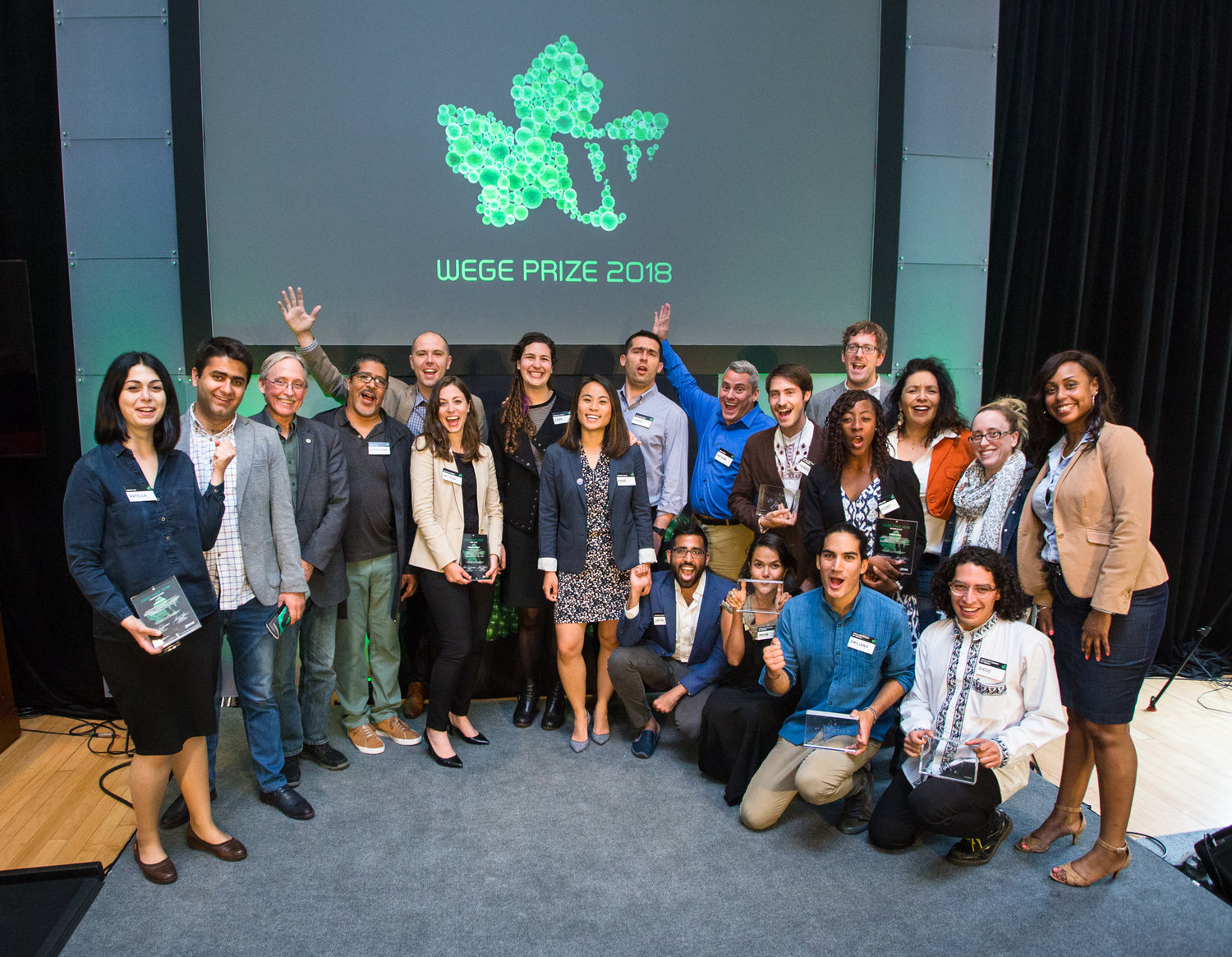








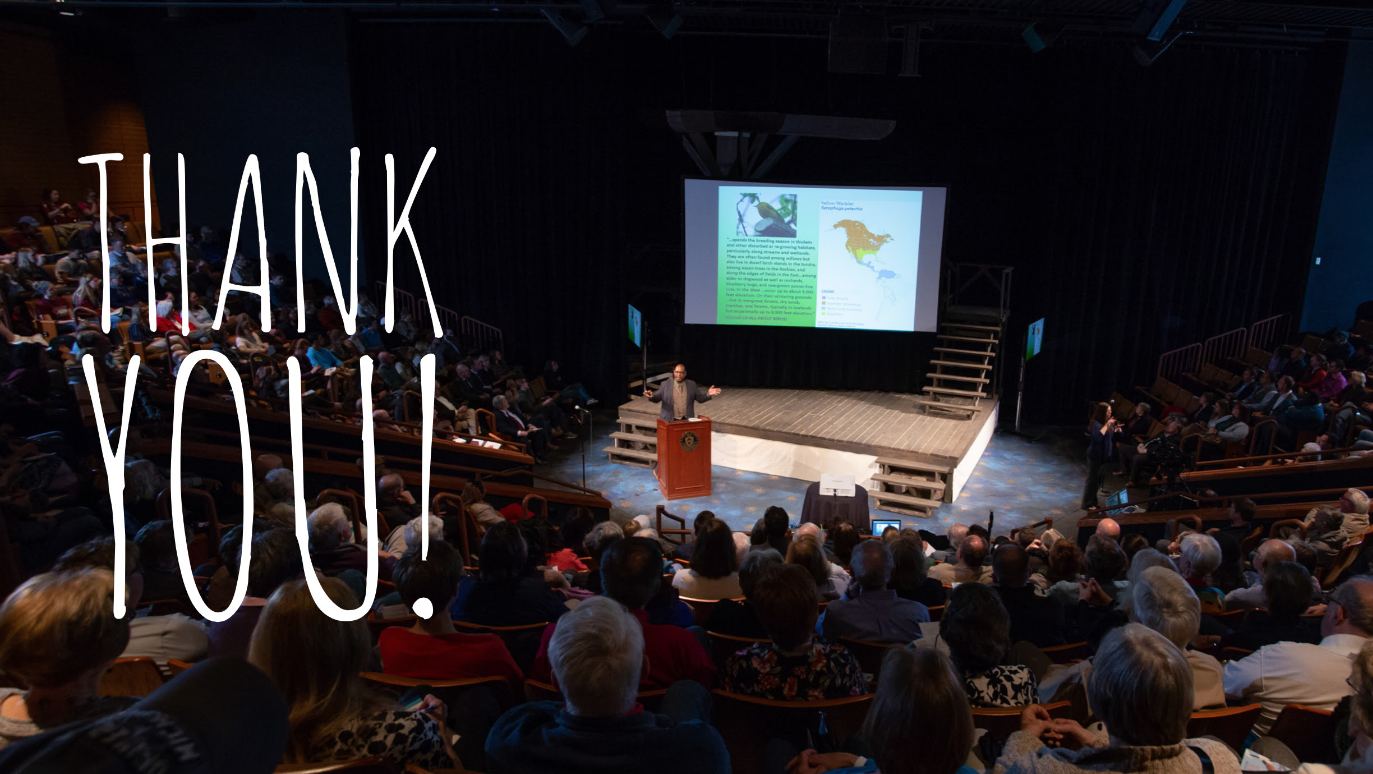


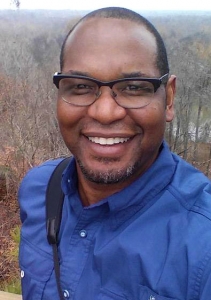 The distinguished professor at Clemson University will address issues related to the environment, social justice and bringing nature into the urban experience on Thursday, April 12, 2018
The distinguished professor at Clemson University will address issues related to the environment, social justice and bringing nature into the urban experience on Thursday, April 12, 2018